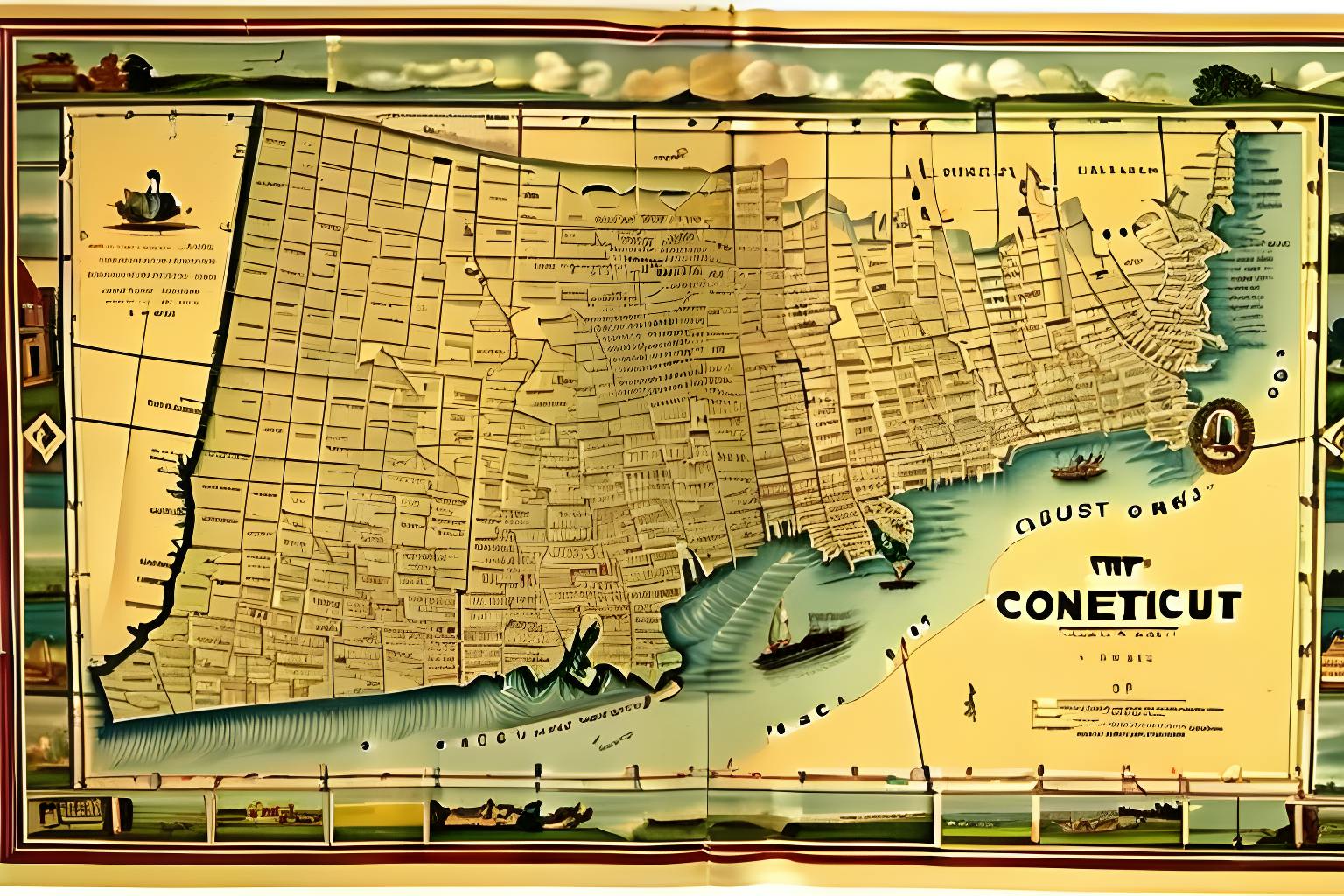Meta Accused of Harms to Connecticut Users in Unfair Trade Practices Case
by
November 21st, 2023
Audio Presented by

The United States sues Meta and its flagship platforms for putting the mental health of young Americans in harms way.
About Author
The United States sues Meta and its flagship platforms for putting the mental health of young Americans in harms way.
